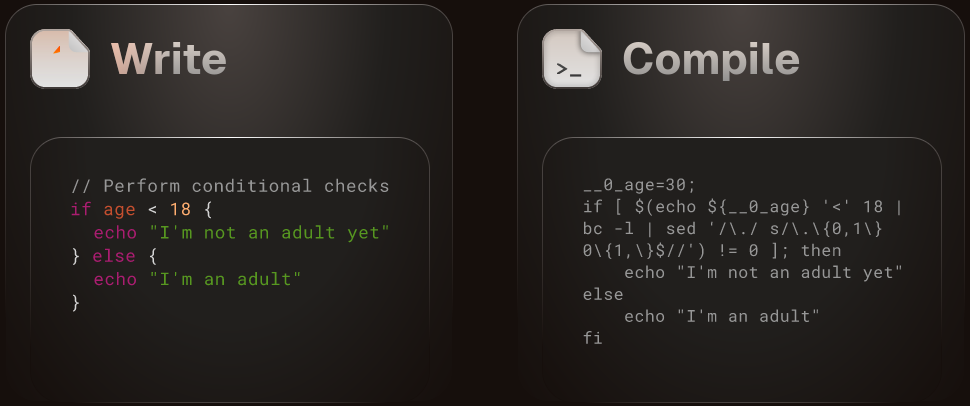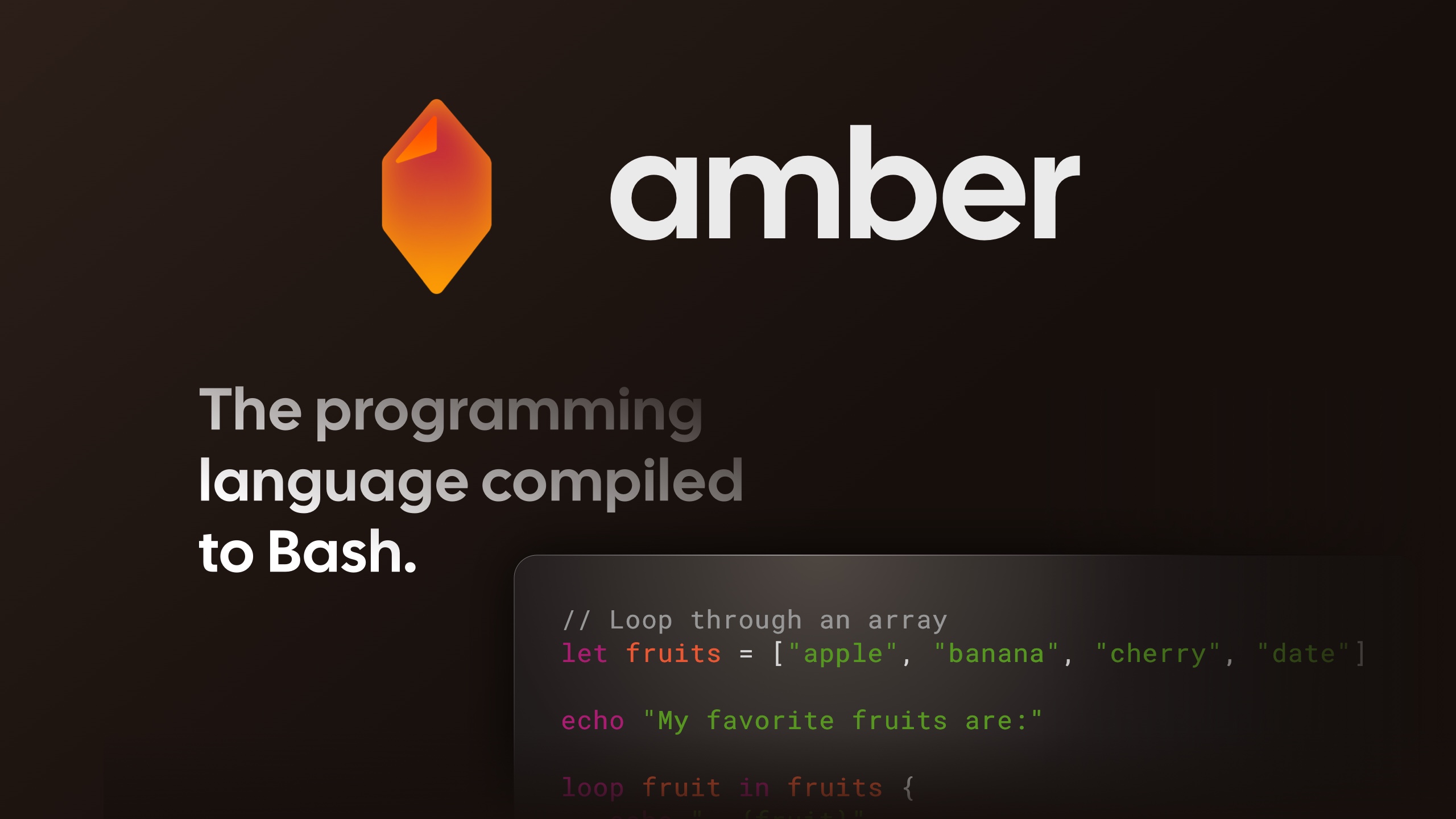- cross-posted to:
- [email protected]
As a long-time bash, awk and sed scripter who knows he’ll probably get downvoted into oblivion for this my recommendation: learn PowerShell
It’s open-source and completely cross-platform - I use it on Macs, Linux and Windows machines - and you don’t know what you’re missing until you try a fully objected-oriented scripting language and shell. No more parsing text, built-in support for scalars, arrays, hash maps/associative arrays, and more complex types like version numbers, IP addresses, synchronized dictionaries and basically anything available in .Net. Read and write csv, json and xml natively and simply. Built-in support for regular expressions throughout, web service calls, remote script execution, and parallel and asynchronous jobs and lots and lots of libraries for all kinds of things.
Seriously, I know its popular and often-deserved to hate on Microsoft but PowerShell is a kick-ass, cross-platform, open-source, modern shell done right, even if it does have a dumb name imo. Once you start learning it you won’t want to go back to any other.
I appreciate you sharing your perspective. Mine runs counter to it.
The more PowerShell I learn, the more I dislike it.Do you write it for work?
I do. Currently I use it mostly for personal stuff as part of my time spent on production support. Importing data from queries, exporting spreadsheets, reading complex json data and extracting needed info, etc. In the past when I was on DevOps used it with Jenkins and various automation processes, and I’ve used it as a developer to create test environments and test data.
Looking at the example

Why does the generated bash look like that? Is this more safe somehow than a more straighforward bash if or does it just generate needlessly complicated bash?
Yeah that shit is completely unreadable
Why not compile it to sh though.
There is no sh shell. /bin/sh is just a symlink to bash or dash or zsh etc.
But yes, the question is valid why it compiles specifically to bash and not something posix-compliant
There is no sh shell.
lol

There’s a joke here but I’m not clever enough to make it.
Pretty cool bug. Looks like a surreal meme
I checked the docs, and I’m a bit confused with one thing. They show that you can capture the stdout of a command into a variabe, but they never show stderr being captured. How would that work?
Like this: ‘’’ $mv file.txt dest.txt$ failed { echo “It seems that the file.txt does not exist” } ‘’’
Knowing if a command failed and capturing stderr (which contains stuff like error messages) are not the same thing.





